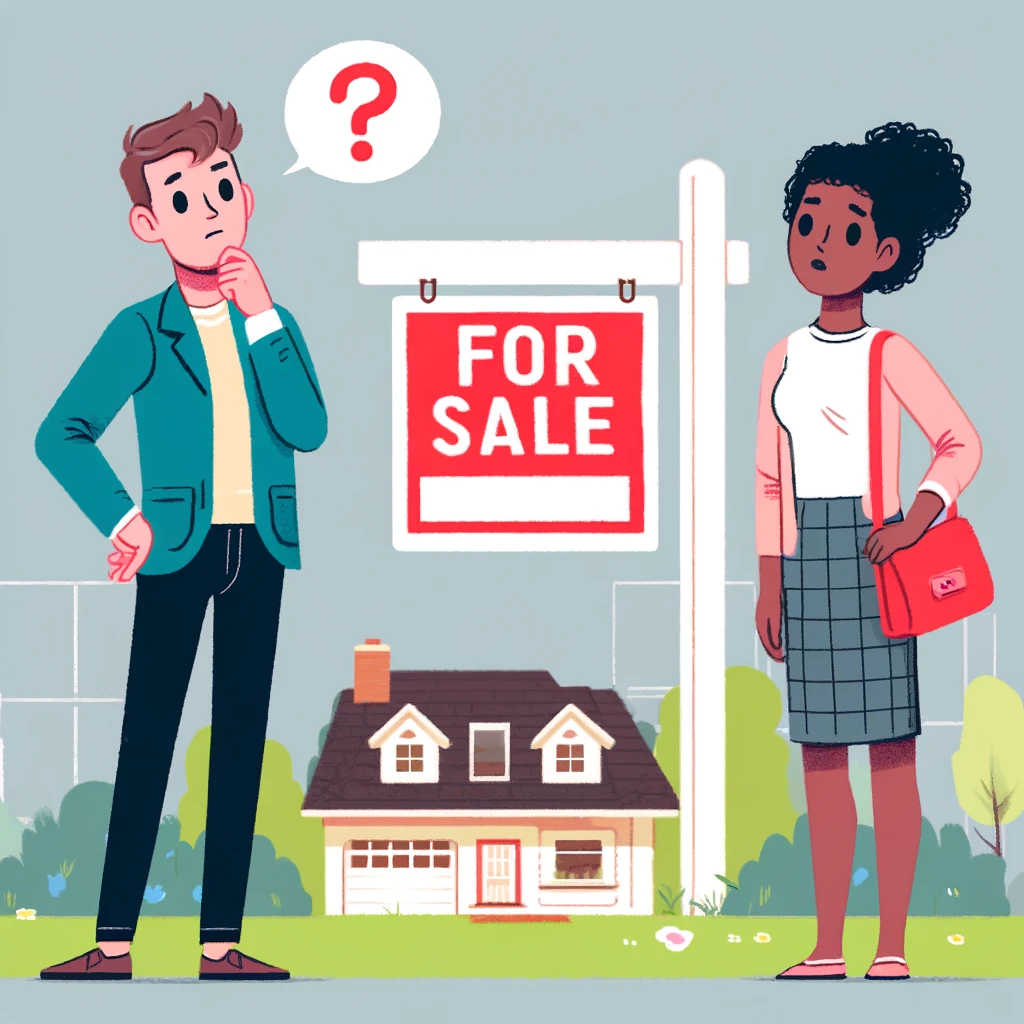
Do Houses Become Cheaper When Mortgage Interest Rate is Higher?
The relationship between mortgage interest rates and housing prices is complex and influenced by various factors. While it may seem intuitive to assume that houses become cheaper when mortgage interest rates are high, the reality is more nuanced.
When mortgage interest rates rise, the cost of borrowing increases, which can have a cooling effect on the housing market. Higher interest rates may lead to reduced affordability for potential homebuyers, as higher monthly mortgage payments make it more challenging to qualify for loans and meet housing costs. Consequently, this decreased demand can put downward pressure on housing prices.
However, it is important to note that the impact of mortgage interest rates on housing prices is not immediate or uniform. Other factors such as supply and demand dynamics, economic conditions, and regional market trends also play significant roles. Additionally, sellers may not immediately adjust their asking prices in response to higher interest rates, resulting in a lag effect on housing prices.
Furthermore, the relationship between interest rates and housing prices can vary depending on the specific housing market. In some cases, higher interest rates may coincide with a stronger economy, increased consumer confidence, and higher wages, which can counterbalance the negative impact on affordability.
In conclusion, while there is a correlation between mortgage interest rates and housing prices, it is not a direct cause-and-effect relationship. While higher interest rates can potentially lead to reduced housing prices due to decreased affordability, other market factors and regional dynamics also come into play. It is important to consider the broader economic context and local market conditions when analyzing the impact of mortgage interest rates on housing prices.

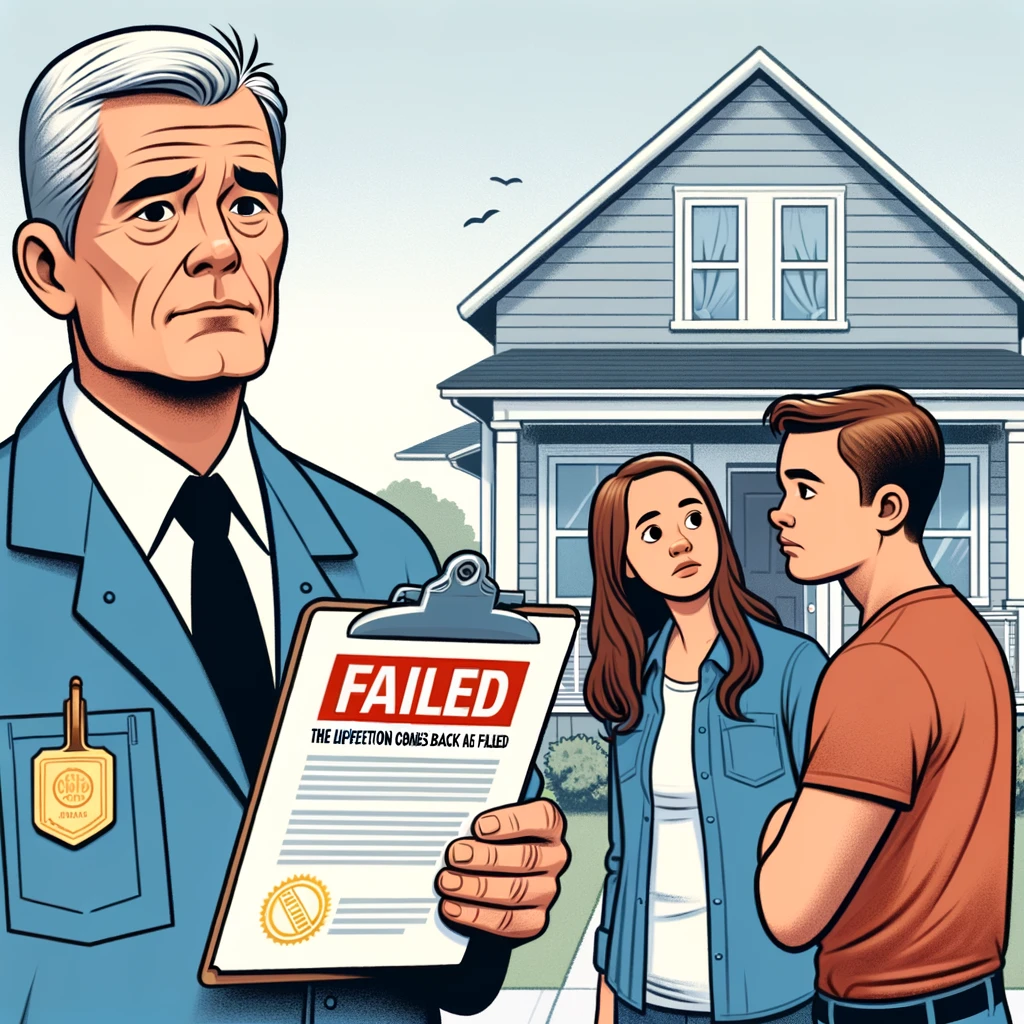
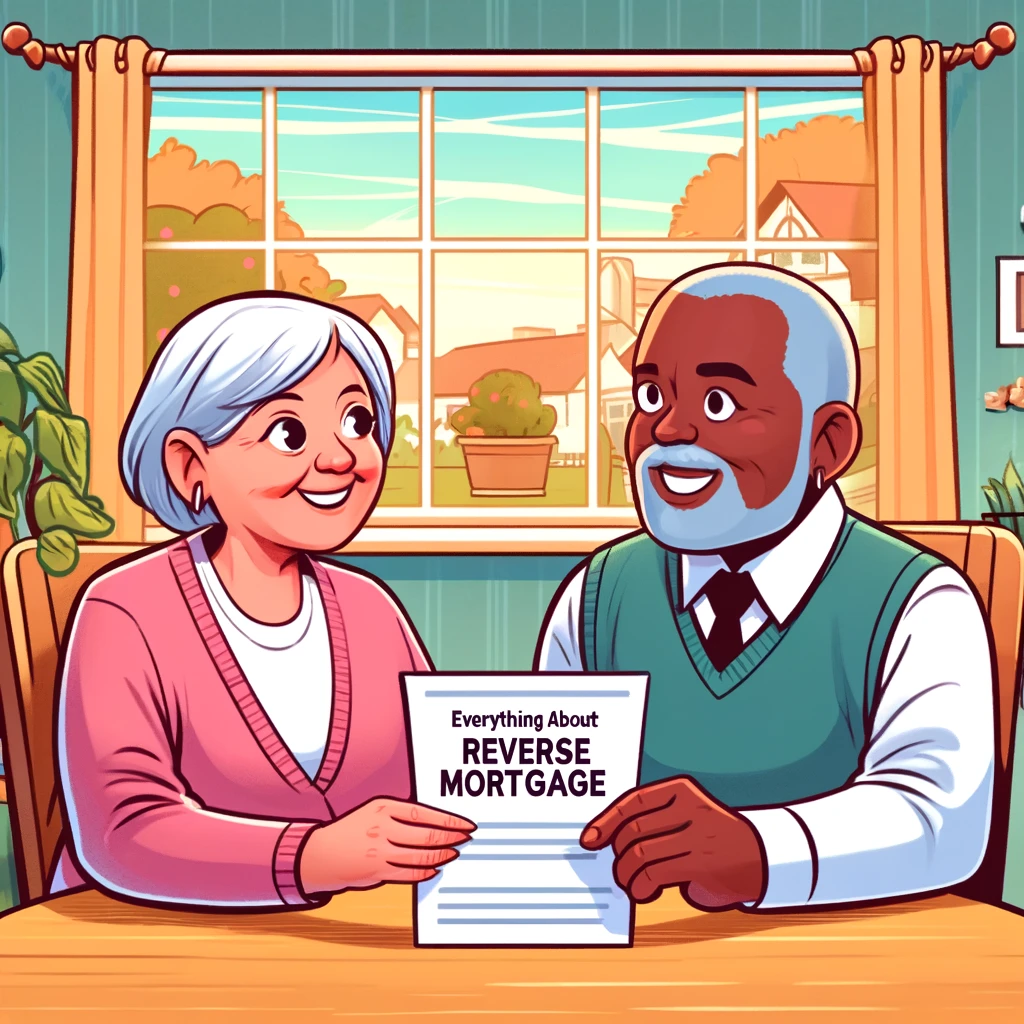
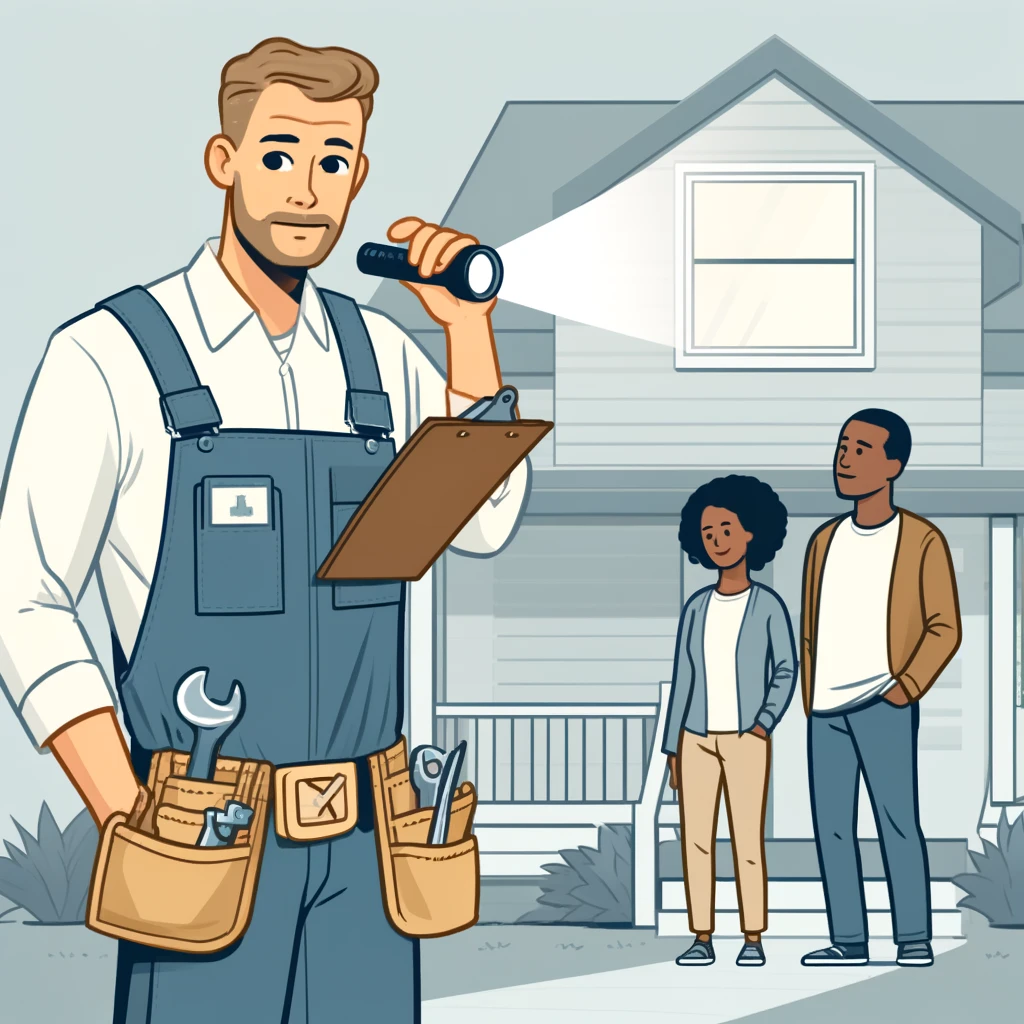
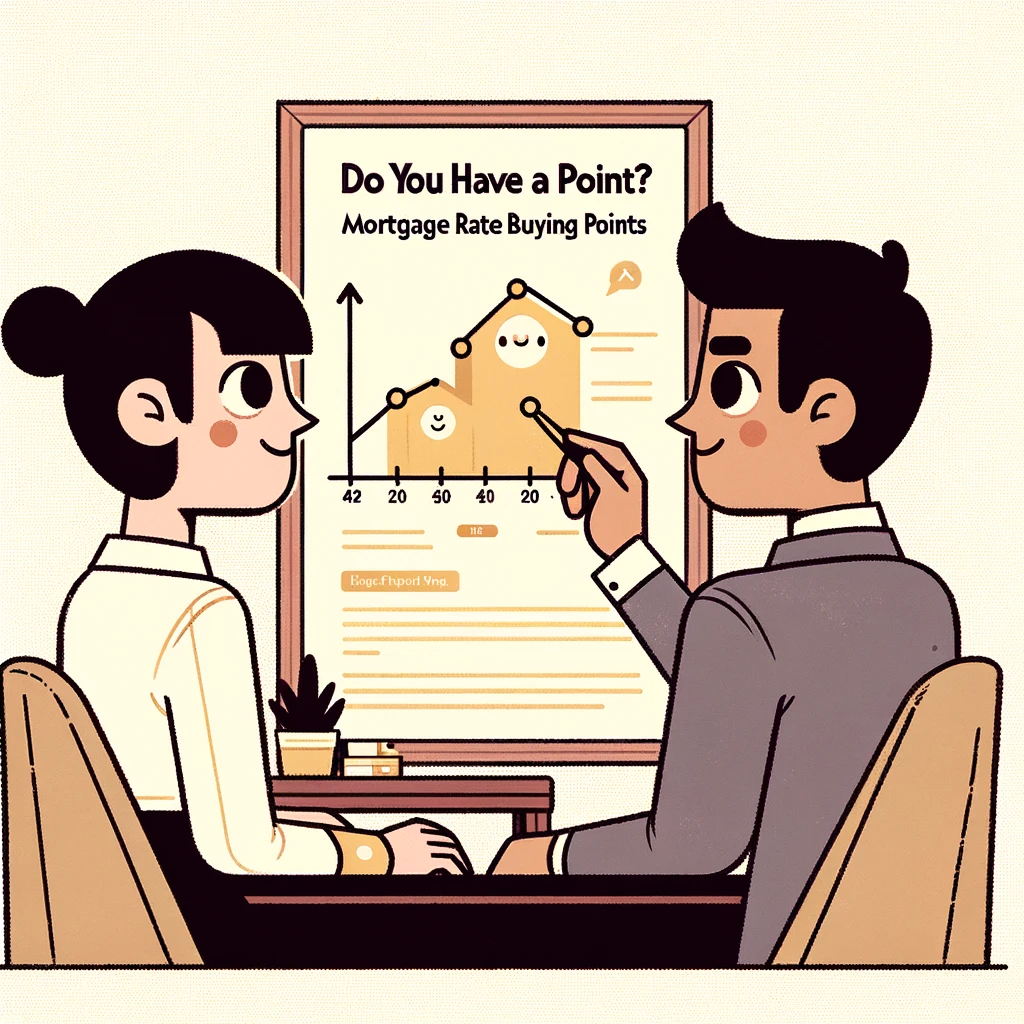
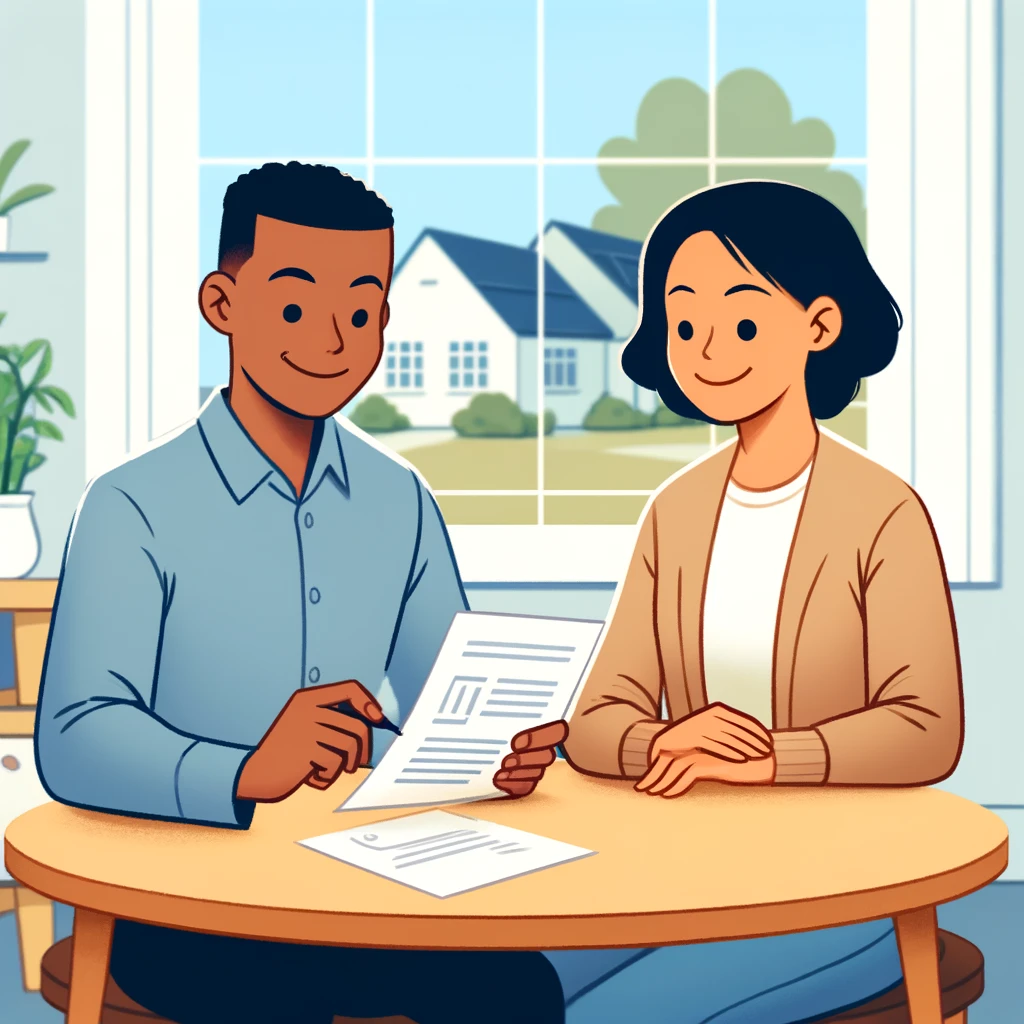
0 Comments